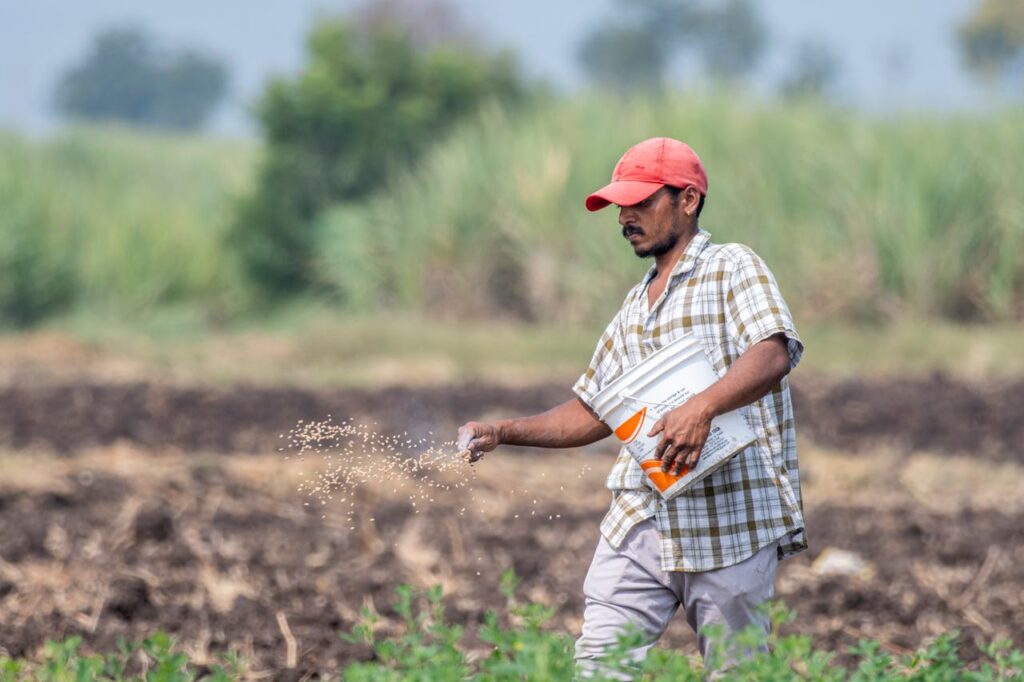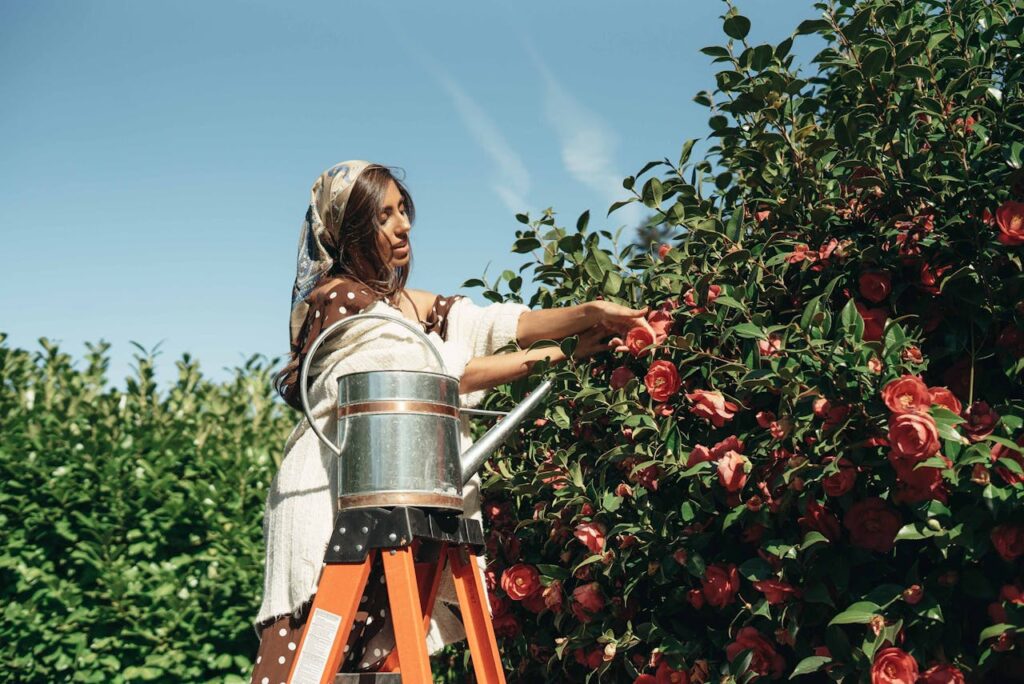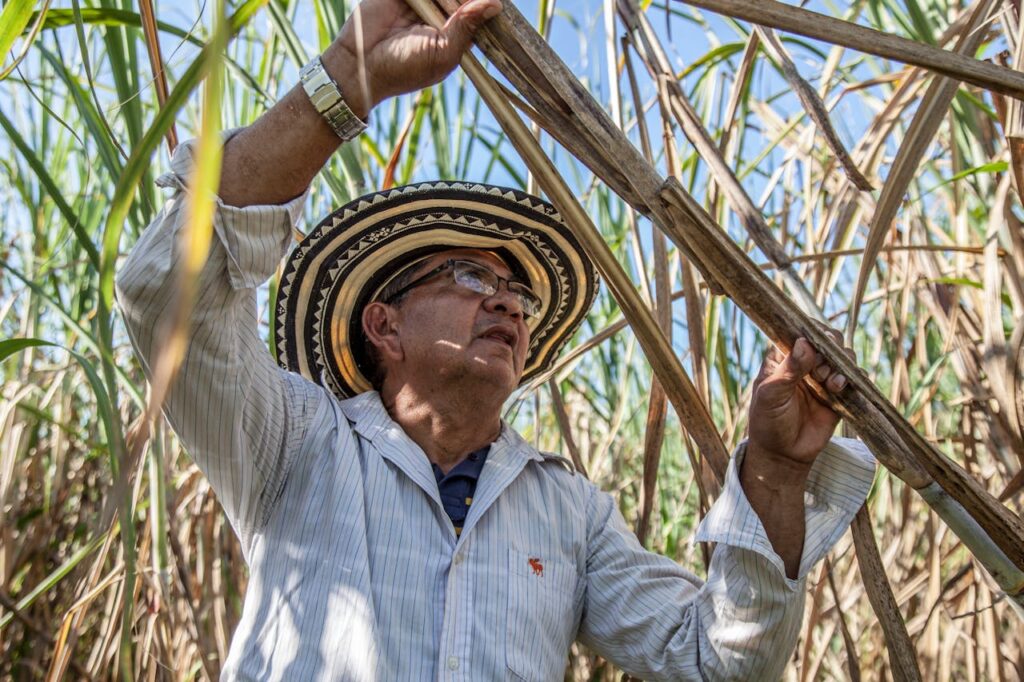In the context of increasing water scarcity and climate variability, smart irrigation systems have emerged as critical tools for Indian farmers to manage water resources efficiently while optimizing crop yields. These systems integrate technology and data-driven approaches to enhance irrigation practices, offering sustainable solutions to address India’s agricultural water challenges.

Understanding Smart Irrigation Systems
Smart irrigation systems utilize sensors, weather data, and advanced algorithms to deliver the right amount of water at the right time and to the right place. Unlike traditional irrigation methods that often rely on manual observation or fixed schedules, smart systems continuously monitor soil moisture levels, weather conditions, and plant needs to adjust irrigation accordingly.

Advantages of Smart Irrigation Systems
Water Conservation: By precisely measuring soil moisture and weather conditions, smart systems reduce water wastage and ensure optimal water use efficiency.
Improved Crop Health: Maintaining consistent soil moisture levels and avoiding overwatering or underwatering helps promote healthier plants and higher yields.
Cost Savings: Reduced water usage and energy costs associated with irrigation pump operations lead to financial savings for farmers.
Environmental Sustainability: Smart irrigation minimizes runoff and leaching of fertilizers and pesticides, thus preserving soil health and water quality.

Components of Smart Irrigation Systems
Soil Moisture Sensors: These sensors measure moisture levels in the soil, providing real-time data to determine irrigation needs.
Weather Stations: Integrated weather data helps predict rainfall, temperature, and humidity, influencing irrigation scheduling.
Control Systems: Automated controllers adjust irrigation schedules based on sensor inputs and weather forecasts, optimizing water application.
Remote Monitoring and Control: Farmers can monitor and control irrigation systems remotely through mobile apps or computer interfaces, enhancing convenience and efficiency.

Types of Smart Irrigation Technologies
Drip Irrigation: Precise application of water directly to the plant roots minimizes water loss and maximizes efficiency, suitable for a variety of crops.
Sprinkler Systems: Modern sprinkler systems incorporate smart controllers and weather data to optimize water distribution across fields.
Variable Rate Irrigation (VRI): VRI systems adjust water application rates based on soil variability within the field, improving uniformity and efficiency.

Challenges and Considerations
While smart irrigation systems offer numerous benefits, their adoption in India faces challenges such as:
Cost of Technology: Initial investment in sensors, controllers, and software may be prohibitive for small-scale farmers.
Technical Knowledge: Farmers require training and support to effectively use and maintain smart irrigation systems.
Power Supply: Reliable electricity supply is essential for the operation of automated irrigation systems, which can be a limitation in rural areas.

Government Initiatives and Support
The Indian government has launched initiatives to promote smart irrigation practices:
Pradhan Mantri Krishi Sinchai Yojana (PMKSY): This scheme aims to expand irrigation coverage and improve water use efficiency through technological interventions.
National Mission on Sustainable Agriculture (NMSA): NMSA supports the adoption of climate-resilient agricultural practices, including smart irrigation, to enhance productivity and sustainability.

Future Prospects
As India continues to modernize its agricultural practices and confront water scarcity challenges, smart irrigation systems will play a pivotal role in ensuring food security, sustainable water management, and economic viability for farmers. By embracing technology-driven solutions, Indian agriculture can achieve higher productivity while conserving precious water resources for future generations.

Conclusion
Smart irrigation systems represent a transformative approach to irrigation management in India, offering efficient, sustainable, and environmentally friendly solutions to the country’s agricultural sector. By integrating advanced technology with traditional farming practices, Indian farmers can mitigate water challenges, enhance crop yields, and contribute to overall agricultural resilience and prosperity.
In conclusion, the adoption of smart irrigation systems is crucial for India’s agricultural future, providing a pathway towards sustainable water management and resilient farming practices in an increasingly uncertain climate scenario.